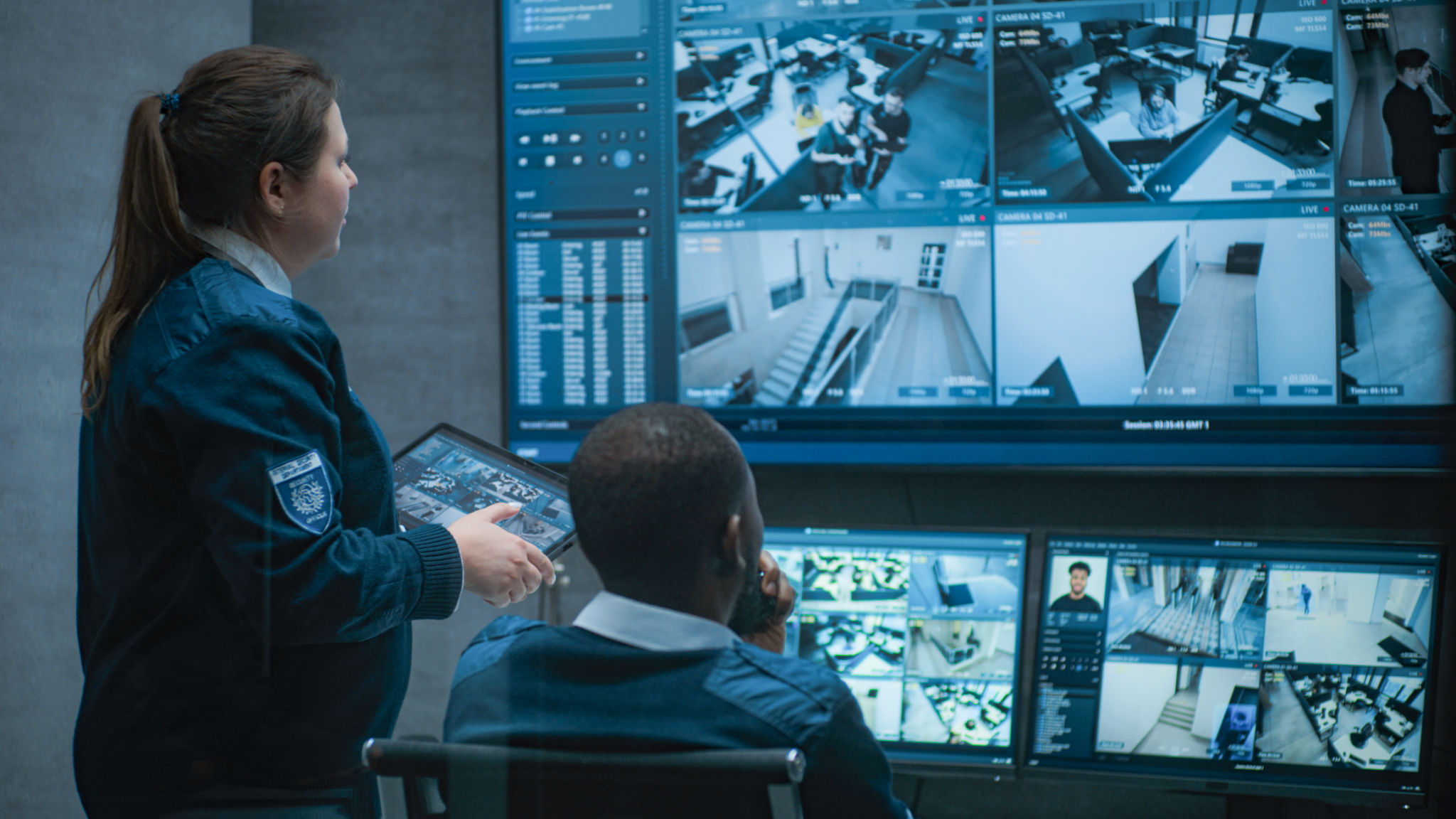Understanding Remote Online Notarization Laws in Wisconsin: What You Need to Know
Introduction to Remote Online Notarization (RON)
In recent years, technology has significantly transformed the way we conduct various transactions, including notarizations. Remote Online Notarization (RON) allows notaries to perform notarizations over the internet using digital tools. This innovative approach enhances convenience and accessibility, making it easier for individuals and businesses to get documents notarized without needing to be physically present.

Understanding Wisconsin's RON Laws
Wisconsin has embraced this shift by implementing legislation to regulate Remote Online Notarization. Understanding these laws is crucial for notaries and individuals who wish to utilize RON services. The state has established specific requirements and guidelines to ensure that RON is conducted securely and legitimately.
Eligibility and Requirements
For a notary public in Wisconsin to perform remote online notarizations, they must adhere to certain eligibility criteria. These include:
- Being a commissioned notary public in Wisconsin.
- Completing an additional training course on RON procedures.
- Obtaining a RON endorsement from the state.
Technology and Security Measures
Wisconsin's RON laws mandate the use of approved technology platforms that provide a secure environment for conducting notarizations. These platforms must feature robust security measures, such as multi-factor authentication and video conferencing capabilities, to verify the identity of the signer effectively. Additionally, all communications must be encrypted to protect sensitive information.

Procedures for Conducting RON
The process of conducting a remote online notarization involves several steps that ensure both compliance with legal standards and the security of the transaction. Here's a general outline of the procedure:
- The signer submits their document and identification through the RON platform.
- The notary verifies the signer's identity using knowledge-based authentication questions and credential analysis.
- A live video conference is conducted between the notary and the signer to confirm details and witness the signing of the document.
- The notary affixes their electronic seal and signature to complete the notarization.

Recordkeeping and Compliance
Notaries performing RON in Wisconsin are required to maintain electronic records of all transactions. This includes keeping a log of each notarization, as well as video recordings of the proceedings. These records must be stored securely for a minimum period specified by state law, ensuring they are accessible for future reference if needed.
Benefits of Using RON in Wisconsin
The adoption of Remote Online Notarization offers several benefits for both notaries and their clients. For one, it provides unparalleled convenience by eliminating the need for in-person meetings. This is particularly advantageous in situations where parties are located far apart or in cases where health concerns make physical meetings impractical.
Additionally, RON can help expedite processes by reducing travel time and paperwork, ultimately saving time and resources for businesses and individuals alike. By understanding Wisconsin's RON laws, participants can take full advantage of these benefits while ensuring compliance with legal standards.
